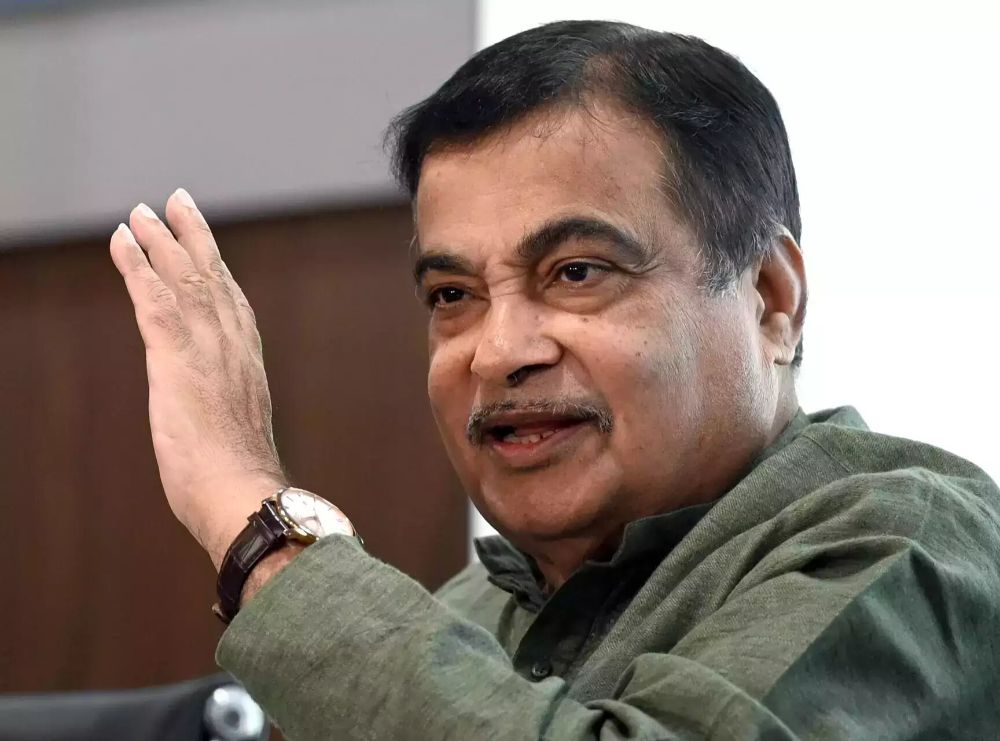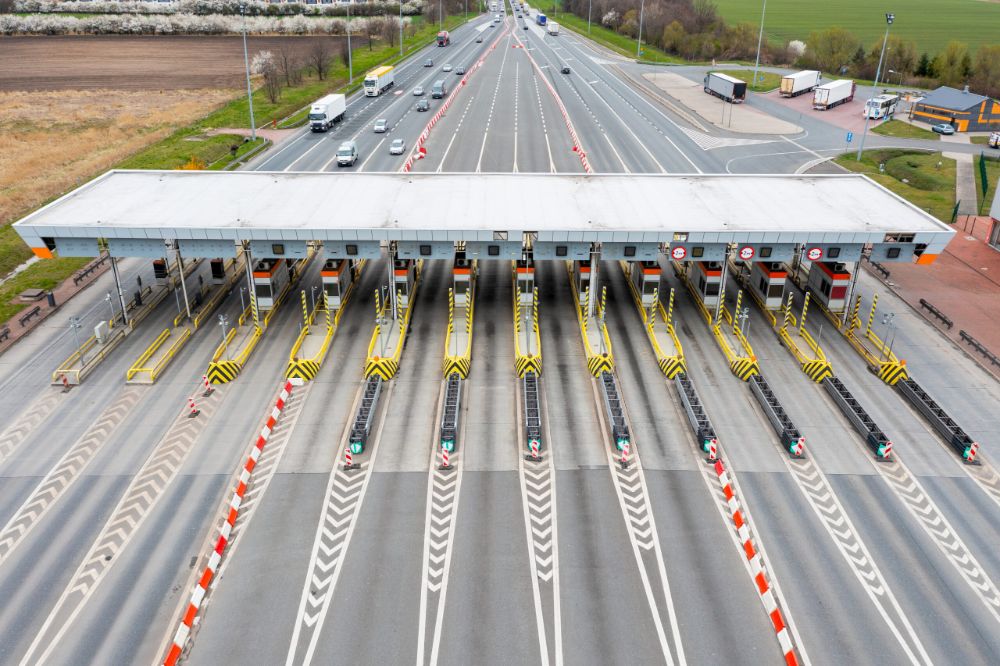Union Minister Nitin Gadkari has announced plans for the introduction of a GPS-based toll collection system on national highways. Speaking at an event, Gadkari highlighted the success of pilot projects conducted by the Ministry of Road Transport and Highways (MoRTH) and revealed that the government will soon issue a tender to implement this new toll collection system, according to a PTI report.

The move marks a departure from traditional toll plazas towards a more efficient and technologically advanced method of toll collection. The GPS-based system is designed to accurately charge motorists based on the exact distance travelled on the highways, thus eliminating the need for physical toll booths and reducing traffic congestion.
The MoRTH has already conducted two pilot projects involving automatic number plate recognition systems, which enable automated toll collection without requiring vehicles to stop. These successful trials have paved the way for the nationwide implementation of the GPS-based toll collection system.
In line with this initiative, the government has appointed a consultant to oversee the implementation of the GPS-based toll collection system on national highways. This move underscores the government’s commitment to leveraging technology to enhance the efficiency and effectiveness of India’s transportation infrastructure.
Reportedly, One of the primary objectives of the GPS-based toll collection system is to reduce waiting times at toll plazas. In 2018-19, the average waiting time for vehicles at toll plazas was 8 minutes. However, with the introduction of FASTags in subsequent years, the average waiting time has been significantly reduced to just 47 seconds during 2020-21 and 2021-22.

Despite these improvements, challenges remain, particularly in densely populated towns where delays at toll plazas persist during peak hours. The transition to a GPS-based toll collection system is expected to address these challenges and further streamline the toll collection process.
Overall, the government’s initiative to introduce a GPS-based highway toll collection system represents a significant step towards modernizing India’s transportation infrastructure. By leveraging technology and innovation, the government aims to enhance the commuter experience, reduce congestion, and promote economic growth across the country.
